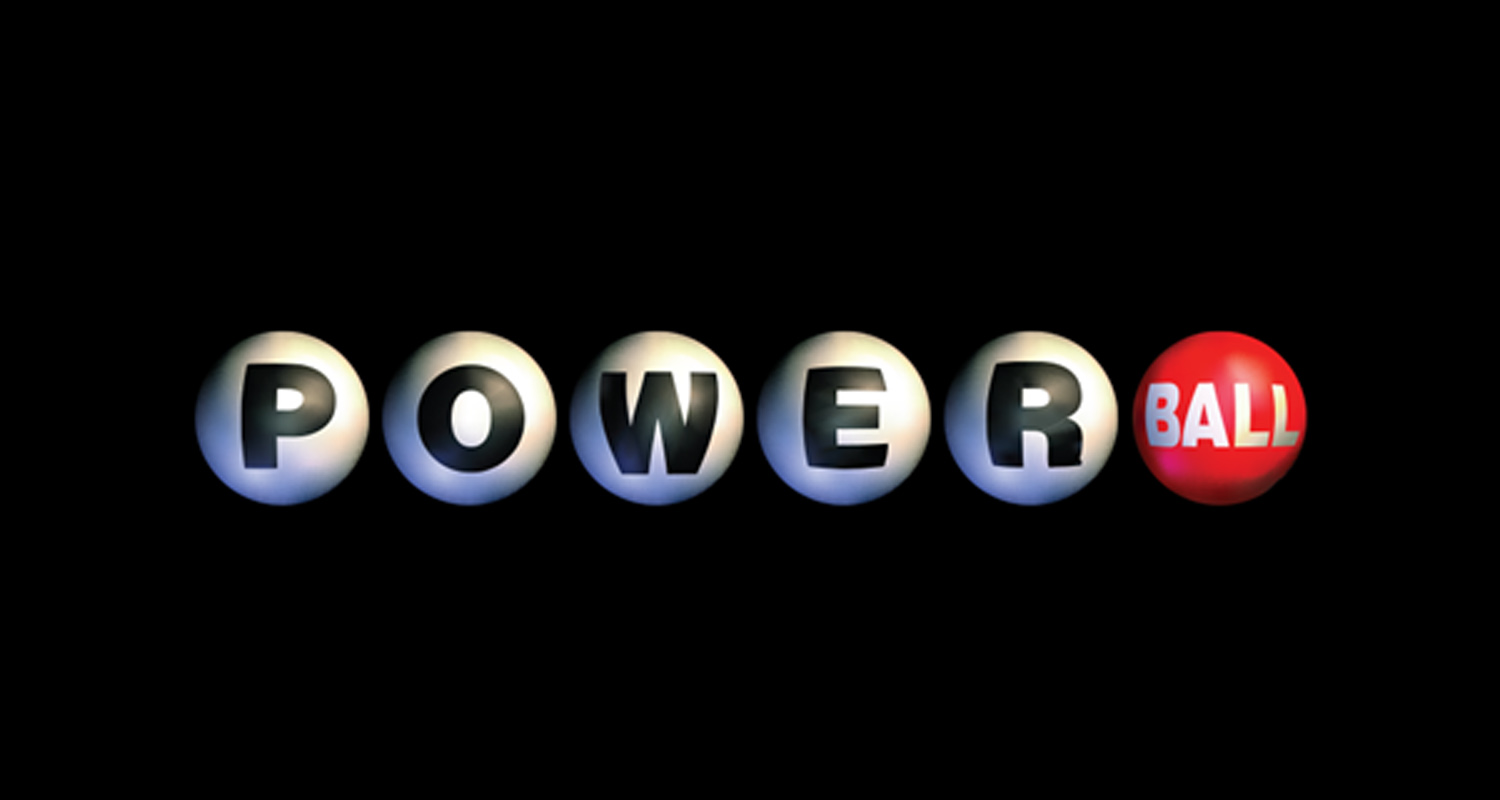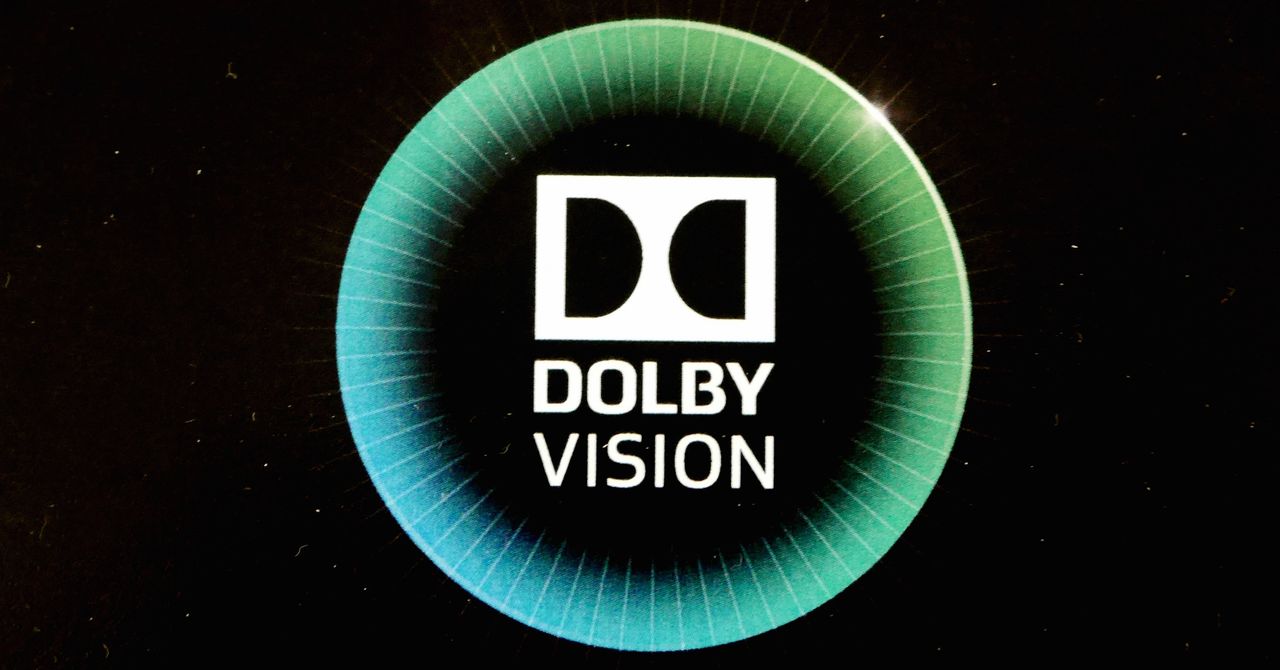
There are very few days that go by where I don’t think how amazing it would be to win the lottery. I fantasize about different amounts that I would win and then I think about what I would do with it. Which is, mostly, to help loved ones pay down debt. That’s the complete truth. Of course, this comes after I pay down the remainder of mine and maybe go on a vacation somewhere fancy. But the rest is earmarked (in my brain) for ways to improve the lives of my family and to secure my own future. But I know that I will never win the lottery. Call me negative, but the odds are very small.
But that’s not going to stop a ton of people from being glued to the TV tonight as the six Mega Millions balls fall into place. The pot is estimated at $418 million right now, but a recent change to the rules is making it harder for anyone to win that. Mega Millions (and Powerball) discovered that when the jackpot grows to an absurdly high figure, even skeptical players will buy tickets. The rationale for this is the chance to win smaller prizes. But in response, both Powerball and Mega Millions have tweaked their formulas.

Here’s how Mega Millions used to work. Players picked five numbers from 1 to 75 and a Mega number of 1 to 15. The odds of winning the top prize were 1-in-258,890,850. Those are some odds. Now players pick numbers from 1 to 70 and a Mega number of 1 to 25. The odds of winning the jackpot are now 1-in-302,575,350. Clearly, these odds are worse. So who is winning with this? Not the consumers, that’s for sure.
It may be too early to determine whether Mega Millions’s rule modification has boosted sales, but it is clear that Powerball benefited from a similar change in 2015. Powerball’s revenue for fiscal 2016 rose $7 billion from the year before. Revenue had also climbed in 2015 from 2014, by $3 billion, compared with basically no growth from 2013 to 2014.

There is also some speculation that the money that is generated from the ticket sales isn’t going into the education coffers like they say it is. So where is it going? Back into the lottery in some way, I imagine. But this change to the rules is certainly interesting, isn’t it? I mean, your odds of winning any amount are so low now, it doesn’t make sense to buy a ticket in the first place. Sure, ticket prices are low, but are you throwing that money away?
Some financial advisers and even economists would say you are. Let’s say you put that money into a jar instead of into a lottery ticket, over the course of a year you would end up with $104. That’s not a lot, but multiply that out over several years and you’ve got a pretty good chunk of change. Now, take that and invest it into something where you’re actually pulling in some interest. Incredible right? That argument could be made about anything – your morning cup of coffee, or that latte you love so much. But the fact is that the lottery isn’t a good financial investment.
It’s worse now due to these rule changes. That said, U.S. lottery ticket sales were more than $80 billion in 2016. That’s more than was spent on movies, video games, books, music and sports tickets combined. Tonight’s jackpot would be the fourth-highest-ever payout for Mega Millions. The most was a $656 million monster pot divided by three winners in 2012. So someone is getting rich off the lottery. It just probably won’t be you.



